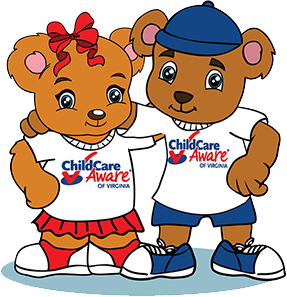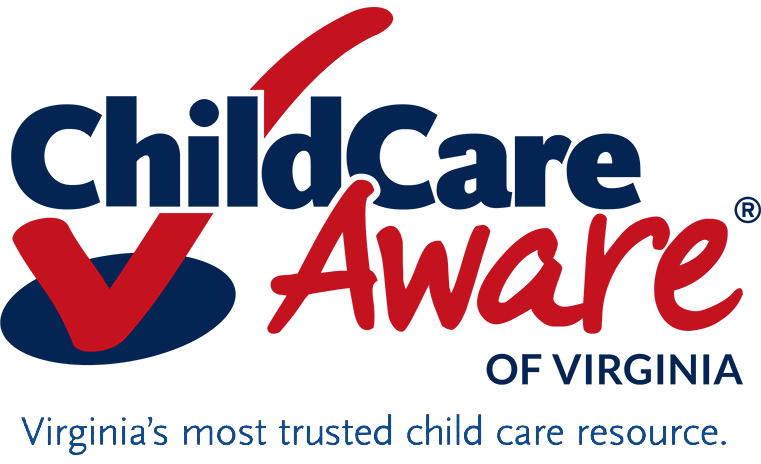
Quality Child Care Makes A Difference
Choosing a quality child care provider is one of the most important decisions a family can make. According to a report released by the National Institute of Child Health and Human Development (NICHD), high-quality child care has a long-lasting impact on a child’s development, behavior and cognitive abilities. Based on the findings of the report, children who received high-quality care in the first few years of life scored higher on measures of academic and cognitive achievement when they were 15 years old, and were less likely to misbehave, than those who were enrolled in lower-quality child care. It is clear, even 10 years after children have left child care, quality child care is still related to higher academic achievement (2010).
Things to Consider:
Although licensing provides minimum standards for group size, research shows that smaller group sizes work best. Generally, the child care quality is higher as the group size gets smaller. The fewer children in a group, the more attention each child will get from the caregiver. Most programs will try to be fully enrolled to reduce costs, but you can check to be sure your child is not changing groups or caregivers often just to keep within the licensing limits. Children need stable relationships with their caregivers to develop a sense of security in their lives. Frequent disruptions and changes in child care are difficult for children.
There is nothing as important as the health and safety of your child. While the enforcement of state and local health codes reduces the spread of disease, and the enforcement of state and local building codes addresses building safety, there are areas you should look at in order to protect your child. Look to see if providers wash their hands after diapering, toileting, and wiping children’s noses. This practice is linked to fewer illnesses and infectious diseases. Look around to check that equipment is sturdy, toys are not broken, areas for adults have locks on the doors, and make sure that the provider screens visitors and maintains a list of people approved by you to pick up your child.
The providers of child care and the relationships they have with the families they serve are one of the most important elements in quality child care. Studies show that being assigned to providers with more education and training helps children be more cooperative, stick with tasks and become ready for school. Trained providers understand how children grow and learn and they know how to provide the materials and activities that are most appropriate to the ages and interests of the children.
When employees leave their jobs or change classrooms often in child care, children are affected. Children may feel uncomfortable, confused or insecure without a consistent adult to provide their care. It is important to know that while teachers may come and go, excessive staff changes in child care can be a problem for your child.
Accredited child care meets higher quality standards set by a national organization. These child care programs have met standards beyond those established by the state licensing agency. These include standards for curriculum, staff and parent communication, and more. There are several national accrediting agencies:
- National Association for the Education of Young Children (NAEYC)
- National Accreditation Commission (NAC)
- National Early Childhood Program Accreditation (NEPCA)
- National Association for Family Child Care (NAFCC)
- American Camp Association Accreditation (ACA)
- Association of Christian Schools International (ACSI)
- National Lutheran School Accreditation (NLSA)
